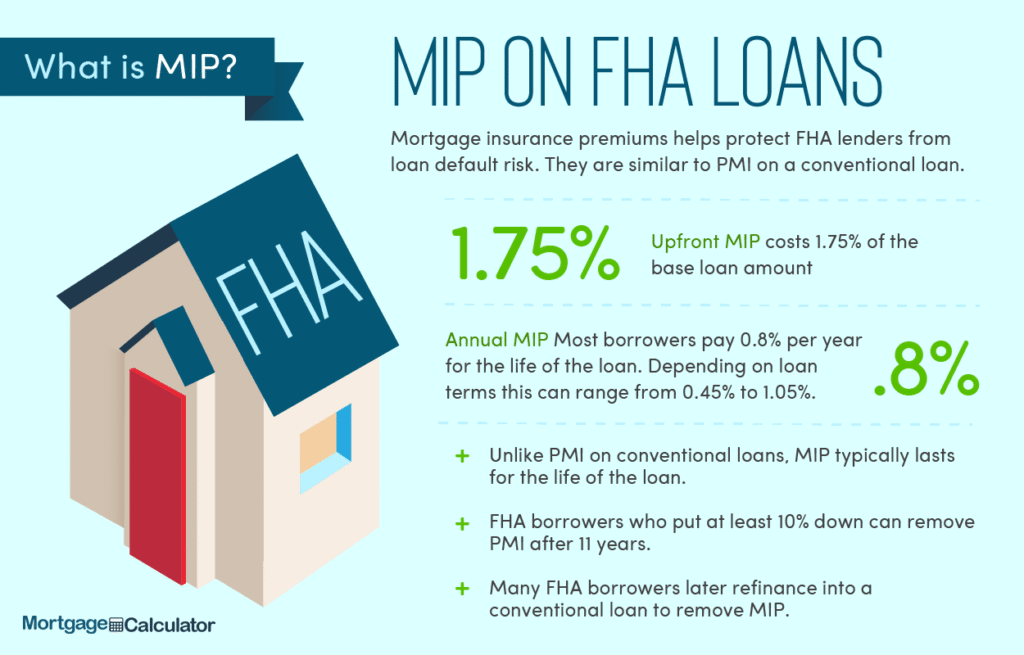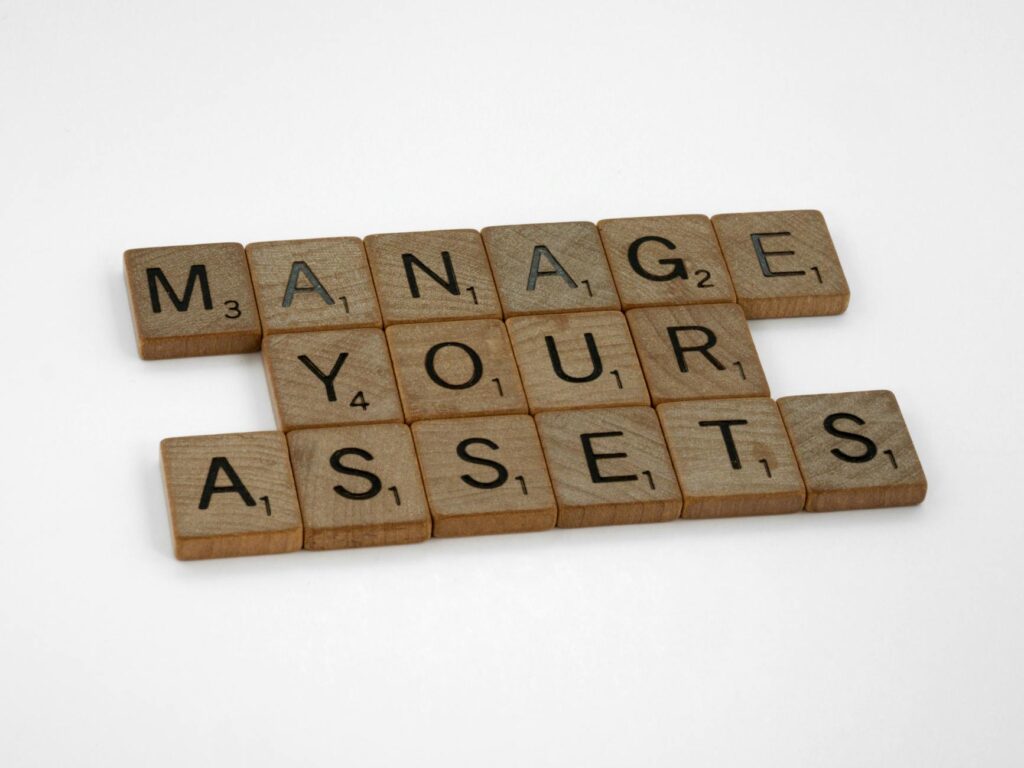Debt can feel overwhelming, but you’re not alone. Millions grapple with managing multiple debts, each with its own interest rate and payment schedule. This can lead to stress, missed payments, and a snowballing debt problem. Fortunately, there’s a solution: debt consolidation.
What is Debt Consolidation?
Debt consolidation is the process of combining multiple debts into a single, new loan. This simplifies your finances by reducing the number of payments you need to track and potentially lowering your overall interest rate. 
Types of Debt Consolidation Loans
Several options exist for consolidating debt. You can explore personal loans, balance transfer credit cards, or even home equity loans. Each has its pros and cons, so careful consideration is key. Choosing the right option depends on your specific financial situation and credit score.
How to Determine if Debt Consolidation is Right for You
Before jumping in, assess your current financial health. Calculate your debt-to-income ratio (learn more here). If it’s high, consolidation might be beneficial. However, if you struggle with budgeting and responsible spending, addressing those issues first is crucial. Check your credit report for errors and work on improving your score before applying.
The Benefits of Consolidating Your Debt
The primary advantage is simplification. Managing one payment is significantly easier than juggling multiple ones. Additionally, you might secure a lower interest rate, reducing the total interest paid over time. This can lead to significant savings and faster debt repayment. [IMAGE_2_HERE]
Steps to Consolidate Your Debt
1. Check your credit report. 2. Shop around for lenders and compare interest rates and fees. 3. Choose the best loan option for your needs. 4. Apply for the loan. 5. Once approved, use the loan to pay off your existing debts. 6. Create a budget to ensure timely payments on your consolidated loan.
Potential Drawbacks of Debt Consolidation
While often beneficial, debt consolidation isn’t a magic bullet. A longer repayment term might mean paying more in interest overall, even with a lower rate. It’s also possible to fall back into bad spending habits if you don’t address the underlying causes of your debt. Learn more about responsible budgeting.
Choosing the Right Consolidation Loan
Carefully compare interest rates, fees, and loan terms from different lenders. Don’t hesitate to consult a financial advisor to determine the best option for your financial situation. [IMAGE_3_HERE]
Conclusion
Debt consolidation can be a powerful tool for simplifying your finances and potentially saving money on interest. However, it’s essential to approach it strategically, understanding both the advantages and potential drawbacks. By carefully considering your options and planning carefully, you can take control of your debt and work towards a more secure financial future. Remember, responsible financial management is key to long-term success. Consider debt management counseling if you’re struggling.
Frequently Asked Questions
What types of debt can be consolidated? Many types of debt can be consolidated, including credit card debt, personal loans, medical bills, and some student loans.
Will debt consolidation affect my credit score? Applying for a new loan can temporarily lower your credit score, but paying down your debts on time will improve it in the long run.
What if I can’t make my consolidated loan payments? Falling behind on payments can have serious consequences, including damage to your credit and potential legal action. Contact your lender immediately to discuss options if you encounter difficulties.
How long does it take to consolidate my debt? The process can take several weeks or even months, depending on the lender and the complexity of your financial situation.
What are the fees associated with debt consolidation? Be aware of origination fees, application fees, and other charges that can impact the overall cost of your loan.


